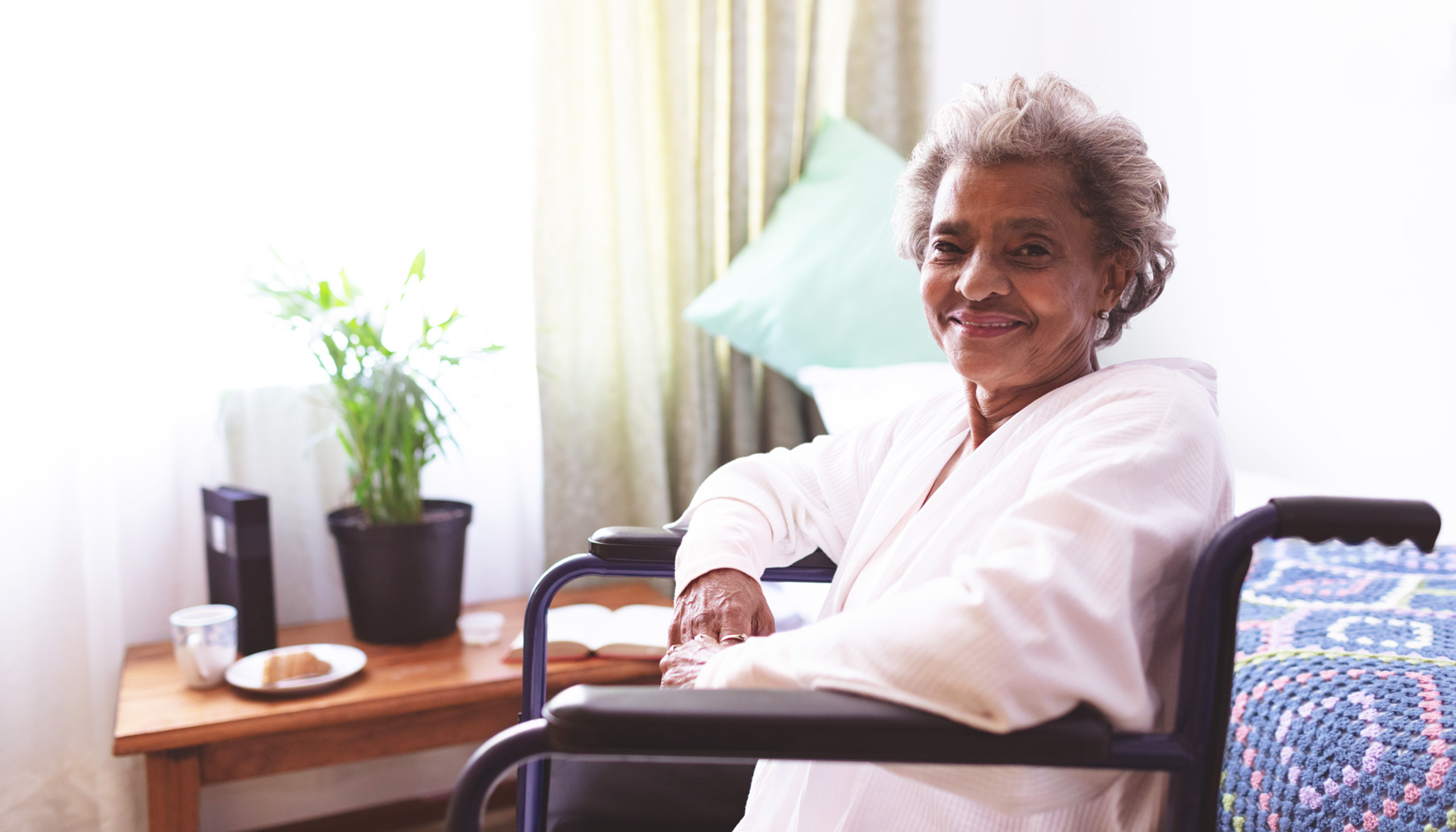

There are around 2 million people in the UK suffering with visual impairment, of this number approximately 360, 000 are registered as blind or partially sighted. 65% of those suffering from visual impairment worldwide are aged 50 and older, the major causes of visual impairment in this age group are chronic eye diseases and the general ageing process.
The main cause of visual impairment is cataracts; it is estimated that around 2.5 million people in England and Wales over the age of 65 have some degree of visual impairment due to this condition. Although rare types of cataracts can affect children, they are far more common in older people. Cataracts are patches that develop over the lens of the eye, and can cause vision to become blurred or misty. Commonly, cataracts develop on the lens as a person get older stopping light from reaching the back of their eye – consequently obscuring their vision. Eventually, many people who suffer with cataracts will require surgery to remove, and replace, the damaged lens. Glaucoma is also a fairly common cause of visual impairment; it is estimated that over half a million people suffer with glaucoma in England and Wales – many more may be suffering with the disease, but are yet to be diagnosed. Often glaucoma affects both eyes, although one eye may develop the condition faster than the other. It is characterised as a build-up of pressure within the eye, which can affect sight by damaging the optic nerve and the nerve fibres from the retina. Blindness and visual impairment can also sometimes be associated with, or occur as a result of, other conditions such as diabetes, dementia, hearing loss or a stroke. Although those who suffer from complete or partial visual impairment all have the common symptom of difficulty with vision, many have extremely different reactions to this experience. People may have difficulty adjusting to their visual loss both physically and mentally. It is common for those who have lost.full vision to experience anger, depression and go through a stage of bereavement over their lost sight. Associated symptoms with visual impairment may include discomfort in the eyes, lack of balance, awareness of the eyes and foreign body sensation.
Advance understands that living with, or caring for a loved one who is, visually impaired can be very distressing and unsettling. That is why we train our team members to minimise the disruption caused by visual impairment by providing the support family, friends and sufferers need to help them cope, such as working together to come up with ways to adapt your home to your new or developing situation and needs. Our services are people centred and revolve entirely around the specific requirements of the individual. This approach enables our support assistants to deliver the medical, emotional and physical support their clients need in familiar surroundings, and around their established routines, allowing those suffering with visual impairment to maintain independence and a good quality of life. Our support assistants are specifically trained to provide care and support to all levels of visual impairment. They offer assistance ranging from help around the home to more sensitive issues. From household chores, to helping with personal care – such as toileting, bathing and dressing – Advance are
there to carry out all the practical care aspects with empathy and discretion, allowing the sufferer to continue living their daily life, and following their established routines.
Our support assistants are also there to offer emotional support, companionship and encouragement. They understand that while helping their clients with the medical aspects of visual impairment, such as administering eye drops or giving post-operative care after cataract surgery, and aiding in practical duties such as shopping and preparing meals is important, so is chatting about shared interests and creating a comfortable relationship between the support assistant and the client, and helps make the transition from full to partial or lost sight that bit easier. This is why we ensure you are matched with a support assistant who not only has the relevant skill set, but also has a complementary personality.
Our support assistants understand that an important factor of living with visual impairment is adapting to any physical limitations. They provide a ‘can-do’ attitude, encouraging and providing physical and psychological support.
Our visual impairment care and support includes:
Explore our care services.























